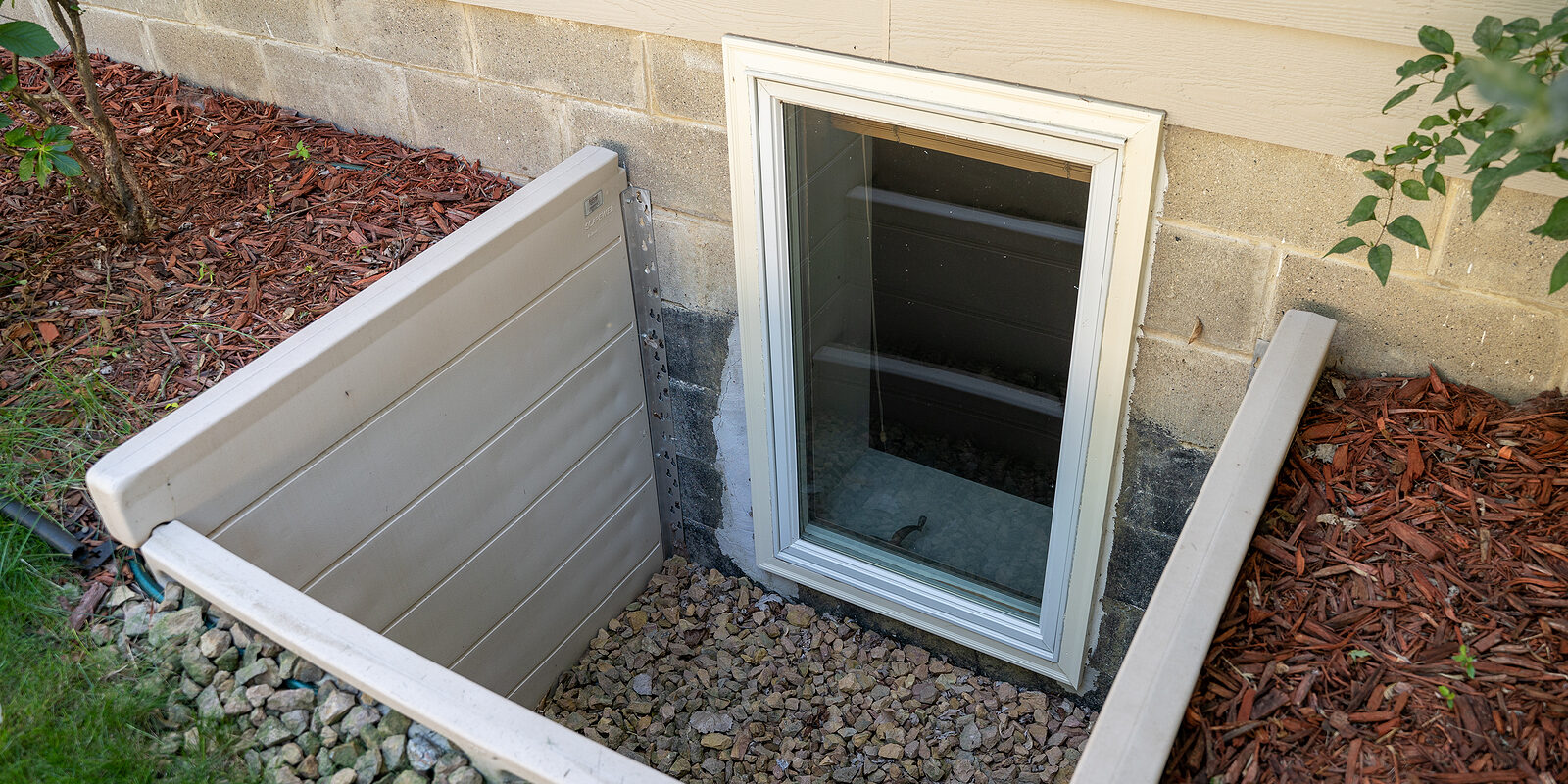Mold is a common problem in homes. It can contribute to significant health problems in humans, including asthma and other respiratory illnesses. Basements are often damp places, which can make them ideal breeding grounds for mold. Inspecting your basement windows annually can help you detect a moisture problem so you can take steps to prevent the growth of mold.
Mold Needs Moist Conditions to Grow
Mold spores can enter your home through a window that is open or that has a damaged area where air can get through. Once mold spores get inside, they can reproduce if the basement is damp.
A leak in a basement, even a small one, can provide the perfect conditions for mold to grow. Once mold takes hold in a basement, it may spread to a wide range of surfaces, including drywall, ceiling tiles, insulation, boxes, and carpet.
Inspect Your Basement Windows for Signs of a Moisture or Mold Problem
Check your downstairs windows for moisture. You may see condensation on window glass or water droplets on the interior side of a window indicating that there is a crack or leak where water can get inside.
If you notice water where it shouldn’t be, have the window repaired or replaced as soon as possible. You may be able to address the issue by using caulk or weather stripping, or you may have to replace the window if it has significant damage that can’t be fixed.
If water is leaking through basement windows, it may be happening because the window wells weren’t constructed correctly. They may be directing water toward your home’s foundation instead of away from it. If that’s the case, have a contractor inspect your home and make any necessary repairs.
Look for Other Ways to Prevent Mold in the Basement
Using a dehumidifier on your home’s lower level can help you keep the humidity low enough to prevent the growth of mold. If the basement gets too warm, you can run an air conditioner to regulate both the temperature and humidity level.
Improving ventilation in the basement can also help you control the amount of moisture in the basement. Remember to change HVAC filters as recommended to maintain good indoor air quality. Removing any critters from around the exterior that may be chewing on wood or creating moisture entrances is also key.
Deal with Existing Moisture and Mold
If any surfaces or objects in the basement have water damage, dry them out or replace them, if necessary. If you discover mold in your basement, you may be able to clean it yourself. If it covers a large area, however, you should seek help from a mold removal specialist.








